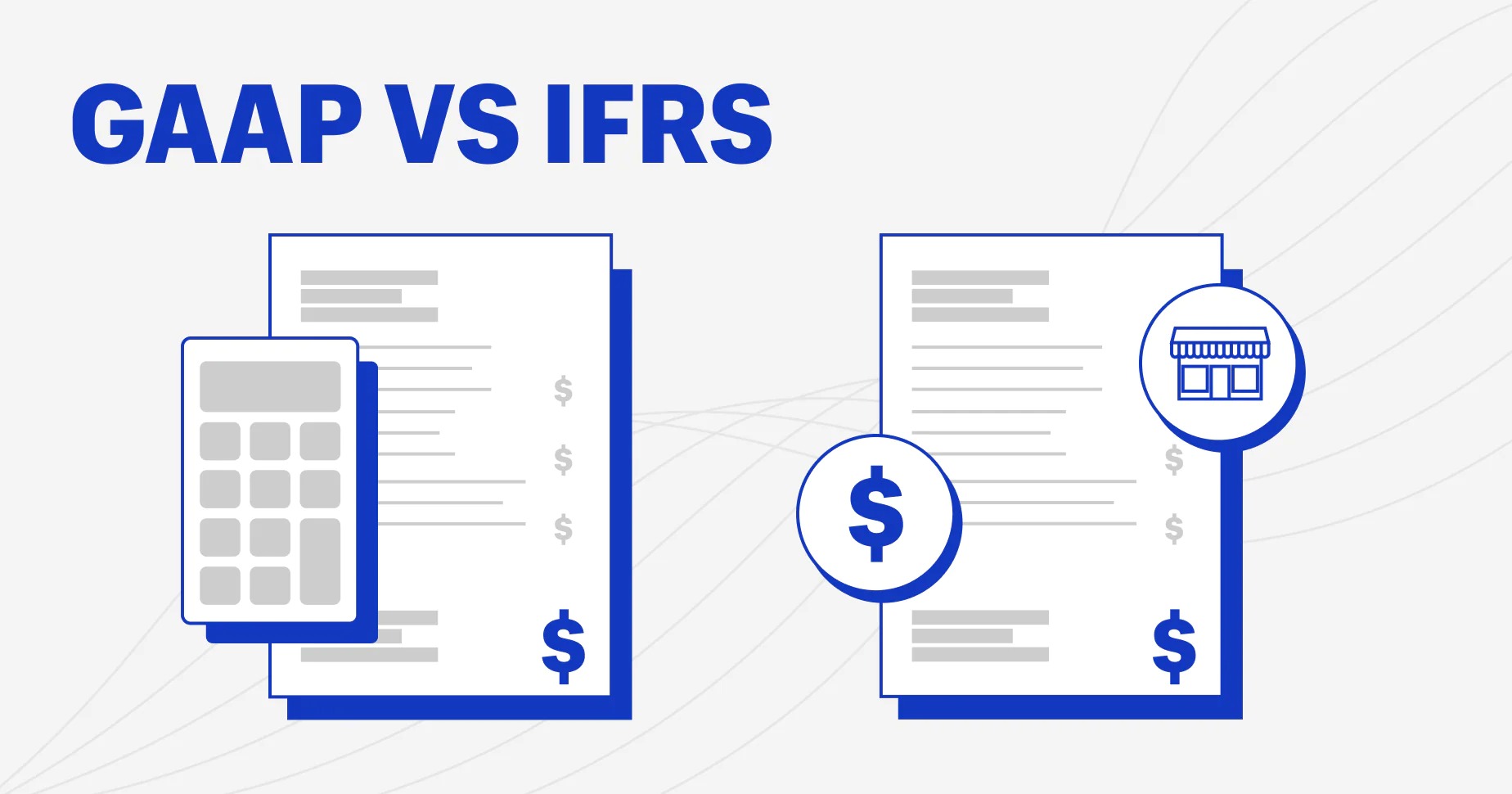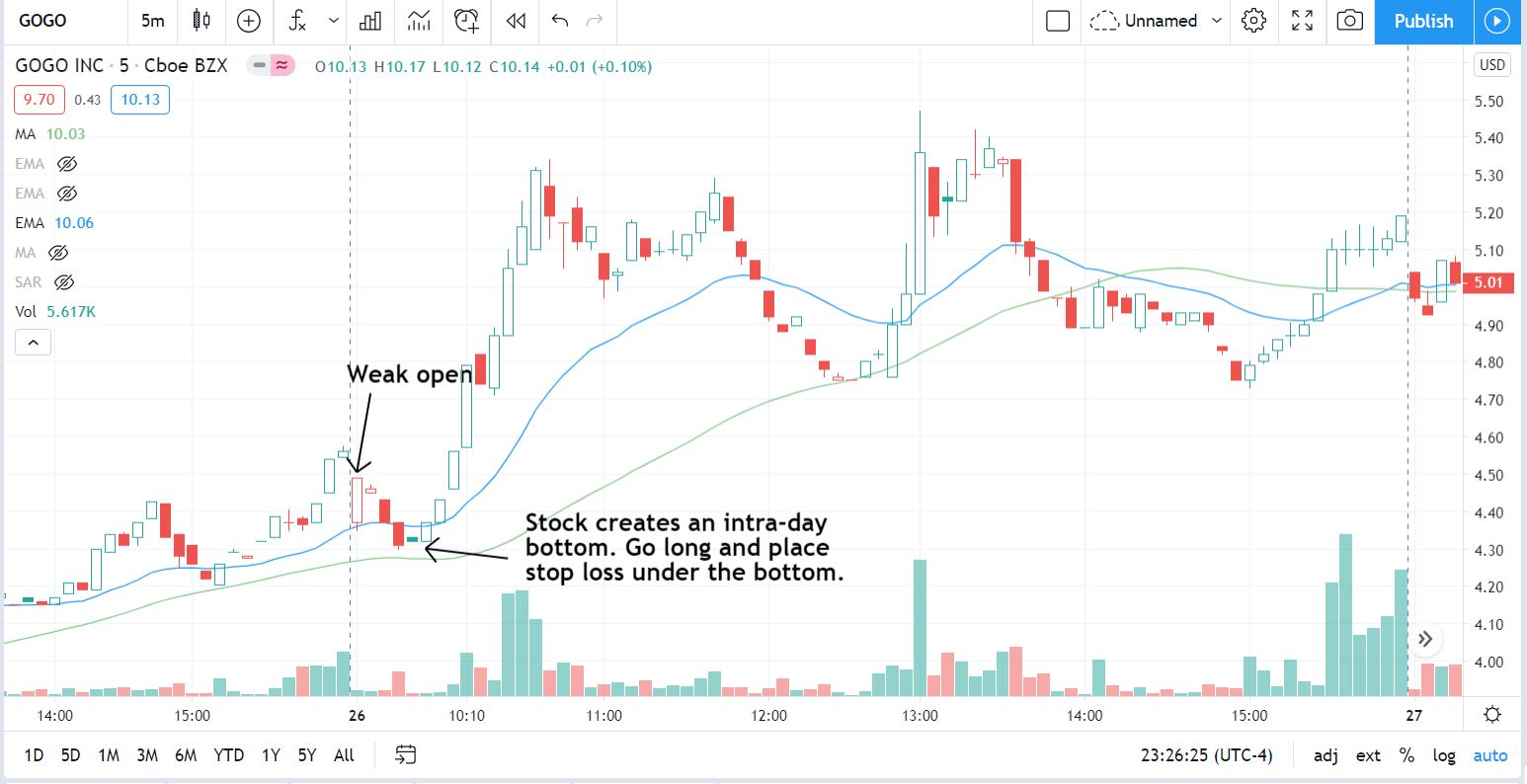

Finance
How Much Does A Mortgage Loan Processor Make
Modified: December 29, 2023
Looking to pursue a career in finance? Discover how much a mortgage loan processor can make and explore the potential earnings in this lucrative industry.
(Many of the links in this article redirect to a specific reviewed product. Your purchase of these products through affiliate links helps to generate commission for LiveWell, at no extra cost. Learn more)
Table of Contents
Introduction
A mortgage loan processor plays a critical role in the loan approval and closing process. They are responsible for gathering, organizing, and verifying all the necessary documents and information needed for a mortgage application. A mortgage loan processor acts as a liaison between the borrower, lender, and other parties involved in the mortgage transaction, ensuring that all requirements are met and the loan process moves smoothly.
This article will provide an in-depth overview of the role of a mortgage loan processor and explore the skills and qualifications required for this position. We will also delve into the average salary of a mortgage loan processor and the various factors that can influence their earnings. Finally, we will discuss the job outlook for mortgage loan processors and the opportunities that exist in this field.
Being a mortgage loan processor requires a detail-oriented approach and a strong understanding of the mortgage industry. It is a challenging but rewarding career choice for those interested in the finance sector.
Job Description of a Mortgage Loan Processor
A mortgage loan processor plays a vital role in the mortgage lending process. They are responsible for collecting and reviewing all necessary documentation to ensure the accuracy and completeness of a mortgage application. Their main objective is to facilitate the smooth and efficient processing of mortgage loans by working closely with borrowers, lenders, and other involved parties.
Some of the key responsibilities of a mortgage loan processor include:
- Gathering and organizing all required documentation, such as income verification, employment history, credit reports, and property appraisals.
- Reviewing loan applications and supporting documents for accuracy and compliance with lending guidelines and regulations.
- Verifying the authenticity of the provided information by conducting thorough checks and contacting relevant parties, such as employers and financial institutions.
- Communicating with borrowers to address any missing or incomplete documents and guiding them through the loan application process.
- Preparing loan files for underwriting, ensuring all required documentation and information are included.
- Coordinating with loan officers, underwriters, appraisers, and title companies to ensure a smooth and timely loan closing.
- Maintaining accurate records and documentation throughout the loan processing stages.
- Staying updated on industry regulations and guidelines to ensure compliance with lending standards.
To excel in this role, a mortgage loan processor must possess strong organizational skills, attention to detail, and the ability to multitask effectively. They should have excellent communication and interpersonal skills to engage with borrowers and collaborate with various stakeholders involved in the loan process.
Additionally, a mortgage loan processor should have a comprehensive understanding of mortgage products, lending requirements, and industry-specific software and systems used in loan processing. They must also stay updated on any changes in loan regulations and guidelines to ensure proper compliance.
In summary, a mortgage loan processor plays a crucial part in the mortgage application and approval journey. Their expertise and meticulousness are vital in ensuring a seamless and efficient loan process for both borrowers and lenders.
Skills and Qualifications Required
Being a successful mortgage loan processor requires a combination of technical skills, industry knowledge, and personal qualities. Here are some of the essential skills and qualifications required for this role:
- Attention to detail: A mortgage loan processor must have excellent attention to detail to review and analyze complex documents and information accurately. They need to ensure that all required documents are complete and meet the necessary guidelines and regulations.
- Organizational skills: The ability to efficiently handle and prioritize multiple loan files is crucial. A mortgage loan processor must be skilled at managing their workload, meeting deadlines, and keeping accurate records of all loan-related documents and communications.
- Communication skills: Effective communication is essential for a mortgage loan processor to interact with borrowers, loan officers, underwriters, and other parties involved in the loan process. They should be able to clearly convey information, address inquiries, and provide guidance throughout the application and approval stages.
- Problem-solving ability: Mortgage loan processing can involve complex situations and challenges. A skilled processor should be able to identify and resolve issues efficiently, finding creative solutions to keep the loan process moving forward.
- Knowledge of mortgage industry: A thorough understanding of mortgage products, loan guidelines, and industry regulations is essential. Mortgage loan processors need to stay updated on any changes or updates to ensure compliance with established lending standards.
- Computer literacy: Proficiency in using industry-specific software and systems is necessary for efficient loan processing. Familiarity with document management software, loan origination systems, and customer relationship management tools can streamline the processing workflow.
- Interpersonal skills: Building positive relationships and maintaining professional interactions with borrowers and other stakeholders is crucial for a mortgage loan processor. They should be able to handle sensitive information with discretion and empathy.
In terms of education and qualifications, a high school diploma or equivalent is typically required for entry-level mortgage loan processing roles. Some employers may prefer candidates with an associate’s or bachelor’s degree in finance, business, or a related field. Additionally, obtaining a certification such as the Certified Mortgage Processor (NAMP®-CMP) designation can enhance job prospects and demonstrate expertise in the field.
Overall, a successful mortgage loan processor possesses a combination of technical skills, industry knowledge, and personal qualities. By leveraging these skills, they can effectively navigate the complexities of the loan processing landscape and facilitate a seamless experience for borrowers and lenders alike.
Average Salary of a Mortgage Loan Processor
The salary of a mortgage loan processor can vary based on factors such as experience, location, and the size of the lending institution. According to the U.S. Bureau of Labor Statistics, as of May 2020, the median annual wage for loan officers, which includes mortgage loan processors, was $63,270. However, it’s important to note that this figure represents the median, and actual salaries can fall both above and below this range.
Entry-level mortgage loan processors typically earn a lower salary, while those with years of experience and expertise in the field tend to command higher incomes. The complexity of the loans being processed and the volume of loans handled can also impact salary levels.
Geographic location plays a significant role in determining the salary range for mortgage loan processors. Cities with higher costs of living, such as New York, Los Angeles, and San Francisco, tend to offer higher salaries to compensate for the higher expenses. On the other hand, smaller towns and rural areas may have lower average salaries.
In addition to base salaries, mortgage loan processors may be eligible for performance-based bonuses or incentives tied to the number of loans processed or the quality of their work. These bonuses can significantly increase their overall income depending on the lending institution’s policies.
It’s important to remember that salary ranges can also vary based on the type of lending institution. Mortgage loan processors working for large national banks or financial institutions may have different salary structures compared to those employed by smaller regional banks, credit unions, or mortgage brokerages.
Furthermore, other benefits such as health insurance, retirement plans, and paid time off can also impact the overall compensation package of a mortgage loan processor.
In summary, the average salary of a mortgage loan processor can vary based on factors such as experience, location, the type of lending institution, and performance-based bonuses. Understanding these factors is essential for individuals considering a career in mortgage loan processing and can help them make informed decisions regarding their salary expectations.
Factors Affecting Salary
Several factors can influence the salary of a mortgage loan processor. Understanding these factors can help individuals assess their earning potential and negotiate a competitive compensation package. Here are some key factors that can affect a mortgage loan processor’s salary:
- Experience: Experience plays a significant role in determining salary. Entry-level mortgage loan processors typically earn lower salaries, while those with several years of experience and a proven track record may command higher incomes. Lenders value the expertise and efficiency that experienced processors bring to the table.
- Location: The geographic location can heavily influence salary levels. Cost of living, demand for mortgage loan processors, and local market conditions all play a role. Cities with a higher cost of living, such as New York, San Francisco, or Seattle, often offer higher salaries to compensate for the higher expenses.
- Size of the lending institution: The size and scope of the lending institution can impact salary ranges. Large national banks or financial institutions may have more structured compensation packages and offer higher salaries compared to smaller regional banks, credit unions, or mortgage brokerages. However, smaller institutions may provide other benefits or a more flexible work environment.
- Skills and qualifications: Additional skills and qualifications beyond the basic requirements can enhance earning potential. For example, individuals with certifications like the Certified Mortgage Processor (NAMP®-CMP) designation or proficiency in specialized mortgage loan processing software may be more desirable to employers and may be offered higher salaries as a result.
- Performance and productivity: A mortgage loan processor who consistently meets or exceeds performance goals and handles a higher volume of loans may be eligible for performance-based bonuses or incentives. These can significantly impact overall compensation and reward exceptional performance.
- Industry demand: The demand for mortgage loan processors can also influence salary levels. In areas where there is a higher demand for loan processing professionals, salaries may be more competitive as lenders compete to attract and retain top talent.
It’s important to conduct thorough research and consider these factors when evaluating salary expectations. Gathering salary data specific to your location and the type of institution you are interested in working for can provide valuable insights and help you negotiate a fair and competitive salary.
Remember, salary is just one aspect of a compensation package. Benefits such as health insurance, retirement plans, and paid time off should also be considered when assessing the overall value of a position.
Job Outlook for Mortgage Loan Processors
The job outlook for mortgage loan processors is influenced by various factors, including economic conditions, industry trends, and technological advancements. While the demand for mortgage loan processors can fluctuate, overall, there is a positive outlook for this profession.
One of the driving factors behind the demand for mortgage loan processors is the overall health of the real estate market. As the housing market experiences growth and stability, the demand for mortgage loans increases, leading to an increased need for mortgage loan processors to handle the influx of applications.
Another factor fueling the demand is the constant evolution of mortgage lending regulations. Lenders must comply with strict guidelines and rules, which necessitate the expertise of mortgage loan processors to ensure all required documentation and information are accurate and compliant.
Additionally, as advancements in technology continue to shape the industry, the role of mortgage loan processors may evolve. Automation and digital platforms can streamline certain aspects of the loan processing workflow, allowing processors to focus more on complex tasks and providing personalized assistance to borrowers.
However, it’s important to note that automation and technological advancements may also impact the overall demand for mortgage loan processors. While certain tasks can be automated, there will always be a need for the human touch and expertise that mortgage loan processors bring to the table.
Overall, the job outlook for mortgage loan processors is expected to remain stable, with steady growth potential. According to the U.S. Bureau of Labor Statistics, employment of loan officers, including mortgage loan processors, is projected to grow 3% from 2020 to 2030, about as fast as the average for all occupations.
It’s worth mentioning that staying updated on industry trends, regulations, and technological advancements can enhance job prospects in this field. Continuous professional development, such as pursuing certifications or attending relevant industry conferences and workshops, can showcase a commitment to expertise and contribute to career advancement opportunities.
As the mortgage industry continues to evolve and adapt to changing market conditions, the role of mortgage loan processors remains crucial. Their expertise in navigating the mortgage application and approval process is instrumental in ensuring a seamless and efficient experience for borrowers and lenders alike.
Conclusion
The role of a mortgage loan processor is a vital component of the mortgage lending process. Their attention to detail, organizational skills, and industry knowledge are essential in ensuring a smooth and efficient loan application and approval process.
In this article, we explored the job description of a mortgage loan processor, highlighting their responsibilities in gathering, organizing, and verifying loan documentation. We discussed the skills and qualifications required for this role, emphasizing the importance of attention to detail, communication skills, and problem-solving abilities.
We also examined the average salary of mortgage loan processors, considering factors such as experience, location, and the size of the lending institution. Additionally, we discussed the various factors that can influence salary levels, including skills, qualifications, performance, and demand within the industry.
Furthermore, the job outlook for mortgage loan processors was discussed, with an emphasis on the positive growth potential in the field. We acknowledged the impact of economic conditions, industry trends, and technological advancements on the demand for mortgage loan processors.
In conclusion, a career as a mortgage loan processor offers a rewarding path in the finance industry. The role requires a combination of technical skills, industry knowledge, and personal qualities to successfully navigate the complexities of the loan processing landscape. Despite potential changes brought on by automation and technology, the human touch and expertise of mortgage loan processors will always remain in demand.
Whether you are considering a career as a mortgage loan processor or looking to improve your skills in the field, staying updated on industry trends and regulations, enhancing your qualifications, and maintaining a commitment to exceptional performance can contribute to a successful and fulfilling career in mortgage loan processing.














